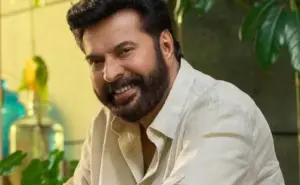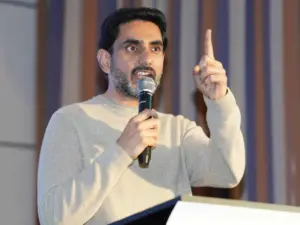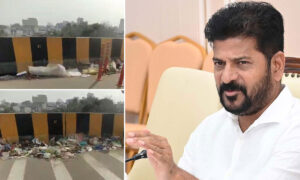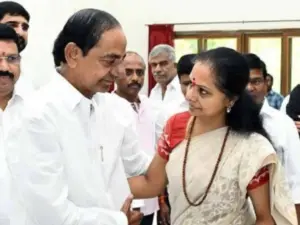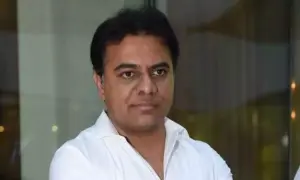
New York, February 5 (IANS) – Former U.S. President Donald Trump simultaneously extended an offer for diplomatic negotiations with Iran while issuing a stern warning of “obliteration” if the country attempted to assassinate him. His remarks, made at the White House on Tuesday, underscored a volatile mix of diplomacy and maximum economic pressure against Tehran.
Speaking while signing a memorandum on re-imposing stringent economic sanctions, Trump signaled his willingness to engage with Iran. “I say this to Iran, who’s listening very intently: I would love to be able to make a great deal. A deal where you can get on with your lives,” he said. However, he maintained a firm stance on nuclear non-proliferation, stating, “They cannot have one thing – they cannot have a nuclear weapon.”
The statement marked a notable shift from his earlier actions, as Trump had previously withdrawn from the 2015 Joint Comprehensive Plan of Action (JCPOA), a multinational agreement designed to restrict Iran’s nuclear program in exchange for sanctions relief.
Later in the day, Trump delivered a stark warning regarding potential Iranian threats against his life. Referencing reports of Iranian operatives allegedly plotting an assassination attempt against him, he declared, “If they do it, they get obliterated. There won’t be anything left.” This statement came during a press conference alongside Israeli Prime Minister Benjamin Netanyahu.
Trump also announced renewed efforts to cut off Iran’s key economic resources. “Today, I also took action to restore a maximum pressure policy on the Iranian regime. We will once again enforce the most aggressive possible sanctions, drive Iranian oil exports to zero, and diminish the regime’s capacity to fund terror throughout the region and throughout the world,” he stated.
Iran finds itself in a precarious geopolitical position following the recent upheavals in the Middle East. The fall of its key ally, Syria’s former President Bashar al-Assad, and setbacks for its proxy forces Hezbollah and Hamas have weakened its regional influence. Additionally, Iran’s political landscape has shifted with the rise of President Masoud Pezeshkian, who took office following the death of his predecessor, Ebrahim Raisi, in a helicopter crash.
Despite these developments, Iran has continued its uranium enrichment program after the U.S. withdrawal from the JCPOA, raising renewed concerns over its nuclear ambitions.
Trump’s approach to Iran echoes his unconventional diplomatic strategy seen during his first term, particularly in his engagement with North Korea’s Kim Jong-un. While he held historic meetings with the North Korean leader, efforts to curb Pyongyang’s nuclear ambitions ultimately yielded no lasting agreement.
With tensions high and global attention focused on Iran’s next moves, Trump’s latest remarks signal a complex and unpredictable U.S. policy toward Tehran—balancing offers of negotiation with the threat of devastating consequences.
Recent Random Post:



